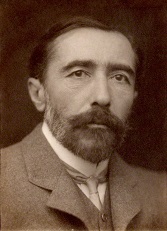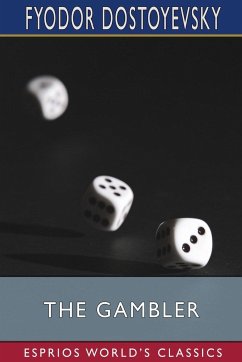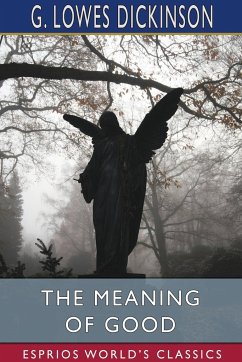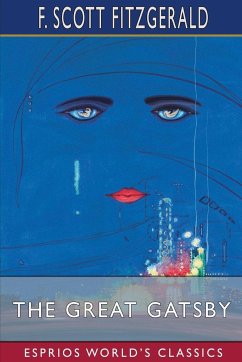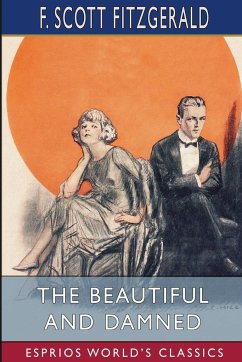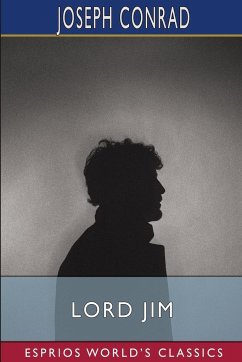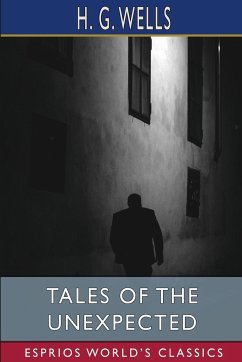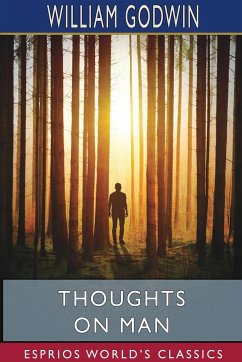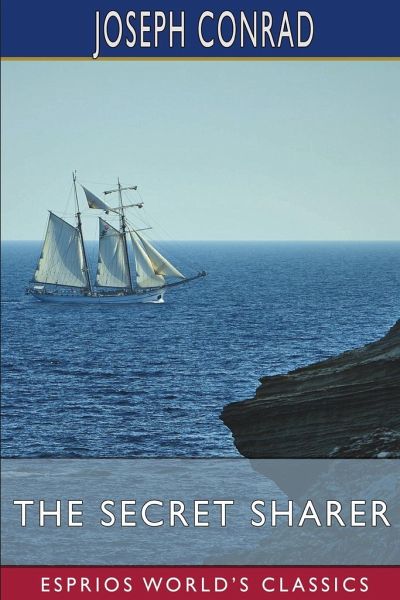
The Secret Sharer (Esprios Classics)
Versandkostenfrei!
Versandfertig in 1-2 Wochen
16,99 €
inkl. MwSt.

PAYBACK Punkte
8 °P sammeln!
"The Secret Sharer" is a short story by Polish-British author Joseph Conrad, originally written in 1909 and first published in two parts in the August and September 1910 editions of Harper's Magazine. It was later included in the short story collection Twixt Land and Sea (1912). The story was adapted for a segment of the 1952 film Face to Face, and also for a one-act play in 1969 by C. R. (Chuck) Wobbe. A film, Secret Sharer, inspired by the story and directed by Peter Fudakowski, was released in the United Kingdom in June 2014.





